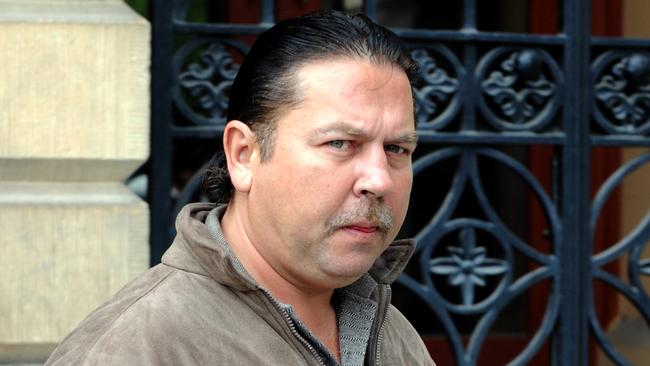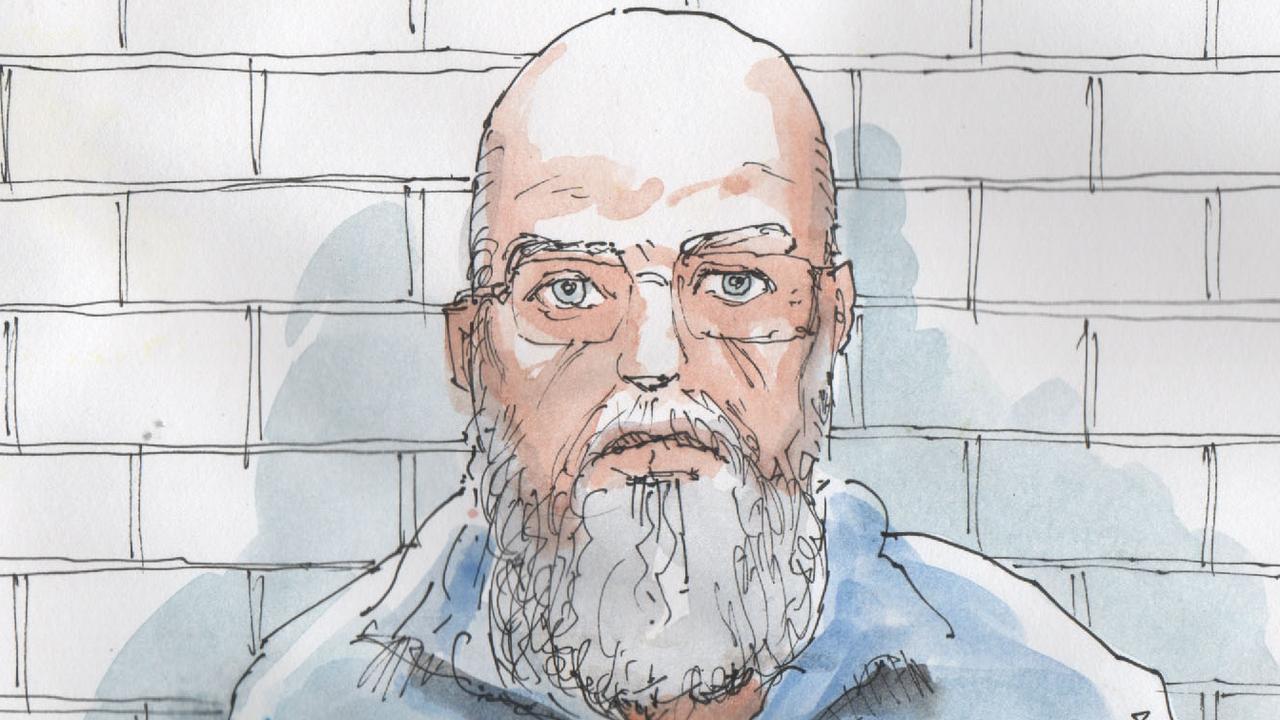Doctor killer David Tzeegankoff returned to mental health detention following drug binge
A MENTALLY ill man who killed his “vampire” psychiatrist — believing she used a voodoo doll to harm him — has been bingeing on illegal drugs since his release, a court has heard.

Law and Order
Don't miss out on the headlines from Law and Order. Followed categories will be added to My News.
A MENTALLY ill man who killed his “vampire” psychiatrist — believing she used a voodoo doll to harm him — has been bingeing on illegal drugs since his release, a court has heard.
On Wednesday, the Supreme Court was urged to cancel David Tzeegankoff’s licence to live in the community and immediately remand him into the care of James Nash House.
Lucy Boord, prosecuting, told the court Tzeegankoff had once again become too dangerous to be in public.
“He has descended into drug use, testing positive for amphetamine, benzodiazepine, cannabis and methadone,” she said.
“He was due to see his psychiatrist yesterday and he cancelled that appointment.
“This is a slippery slope ... his drug use, which started with just cannabis, has escalated.
“We know that, when he starts abusing drugs, his mental health deteriorates — and we know the consequences of that happening.”
In December 1992, Tzeegankoff stabbed and killed his treating psychiatrist, Dr Nandadevi Chandra, in her office at Hillcrest Hospital.
Tzeegankoff, an outpatient at the time, told police he stabbed her, then beat her over the head with pliers, because she was “giving me the s--ts” about his medication.
He claimed he used the pliers “just to make sure she was dead” and because he “didn’t want her to suffer”.
At trial, however, mental health experts gave evidence that Tzeegankoff displayed chronic symptoms of paranoid schizophrenia.
They said he had explained, after his arrest, “voices” in his head had told him “kill her, kill her, she’s a vampire”.
Tzeegankoff also believed Dr Chandra “stuck pins in a voodoo doll effigy” of him.
He was found not guilty of murder, by reason of mental incompetence, and placed on a limiting term — a period under mental health care equal to a jail term — of life.
Tzeegankoff was released into the community, on licence, in the early 2000s but has been periodically detained since due to substance abuse.
On Wednesday, Mark Seddon, for Tzeegankoff, asked the court to excuse his client’s lapse in judgment.
“Tzeegankoff is provided with his antipsychotic medication on Thursdays and, on the Thursday before Easter, he missed the delivery,” he said.
“As a consequence, he did not have any antipsychotic medication throughout the long weekend ... he was withdrawing.
“In those circumstances he was offered cannabis to help how he was feeling and, unfortunately, he accepted it.”
Mr Seddon said Tzeegankoff believed he had no other alternative, as the Forensic Mental Health Service was closed over Easter.
Justice Malcolm Blue rejected that submission, saying it was “common knowledge” that a hospital emergency department could have provided assistance.
“In the circumstances, I consider I have no choice but to revoke the licence ... he has admitted bingeing on cannabis,” he said.
“Unfortunately, the risk of harm is too great to justify such a risk being taken.”
He ordered Tzeegankoff be detained at James Nash House, saying he would review his case in July.


